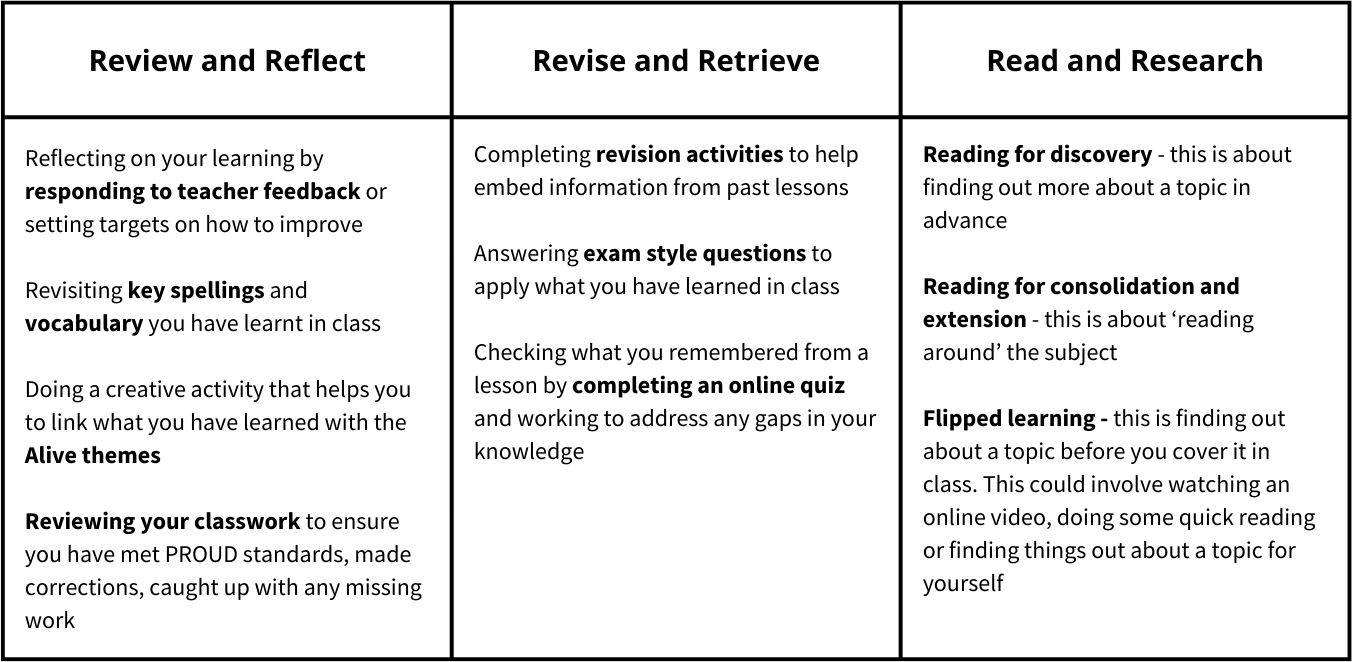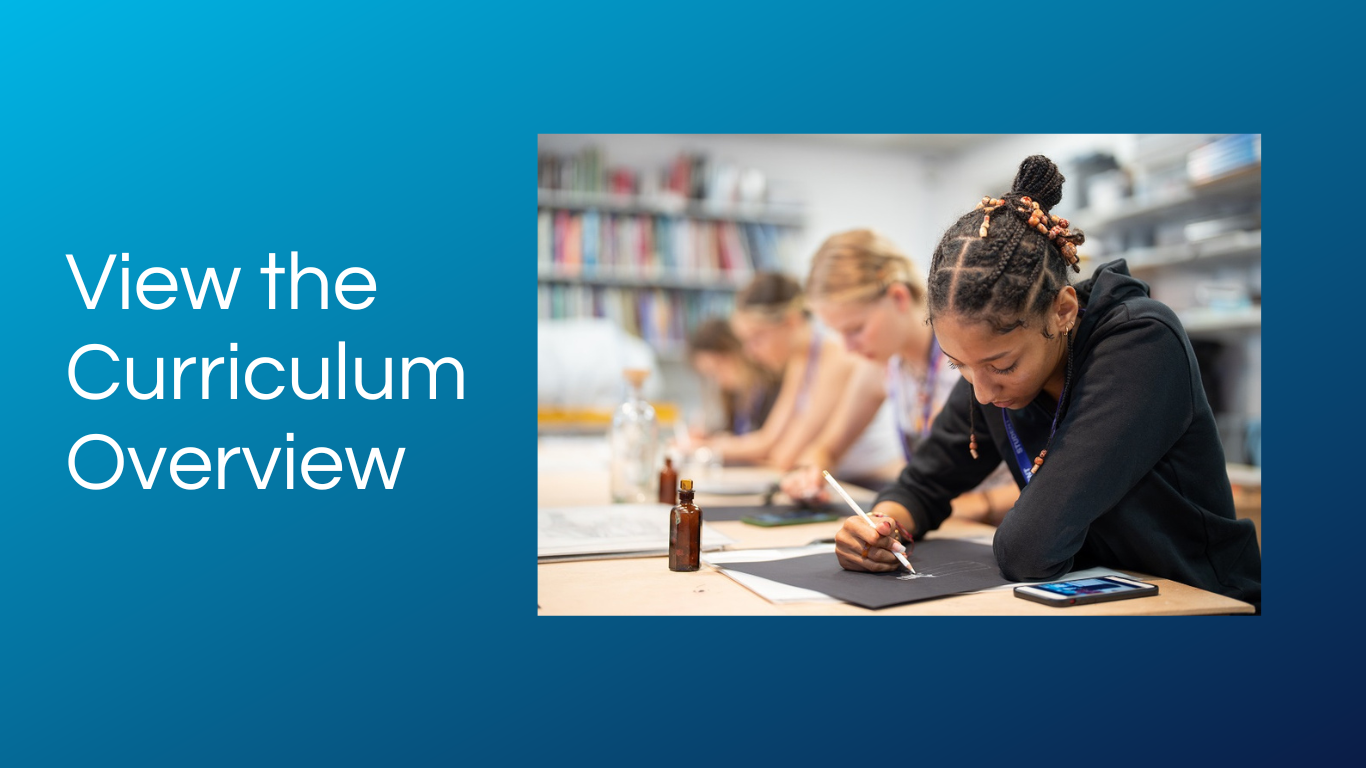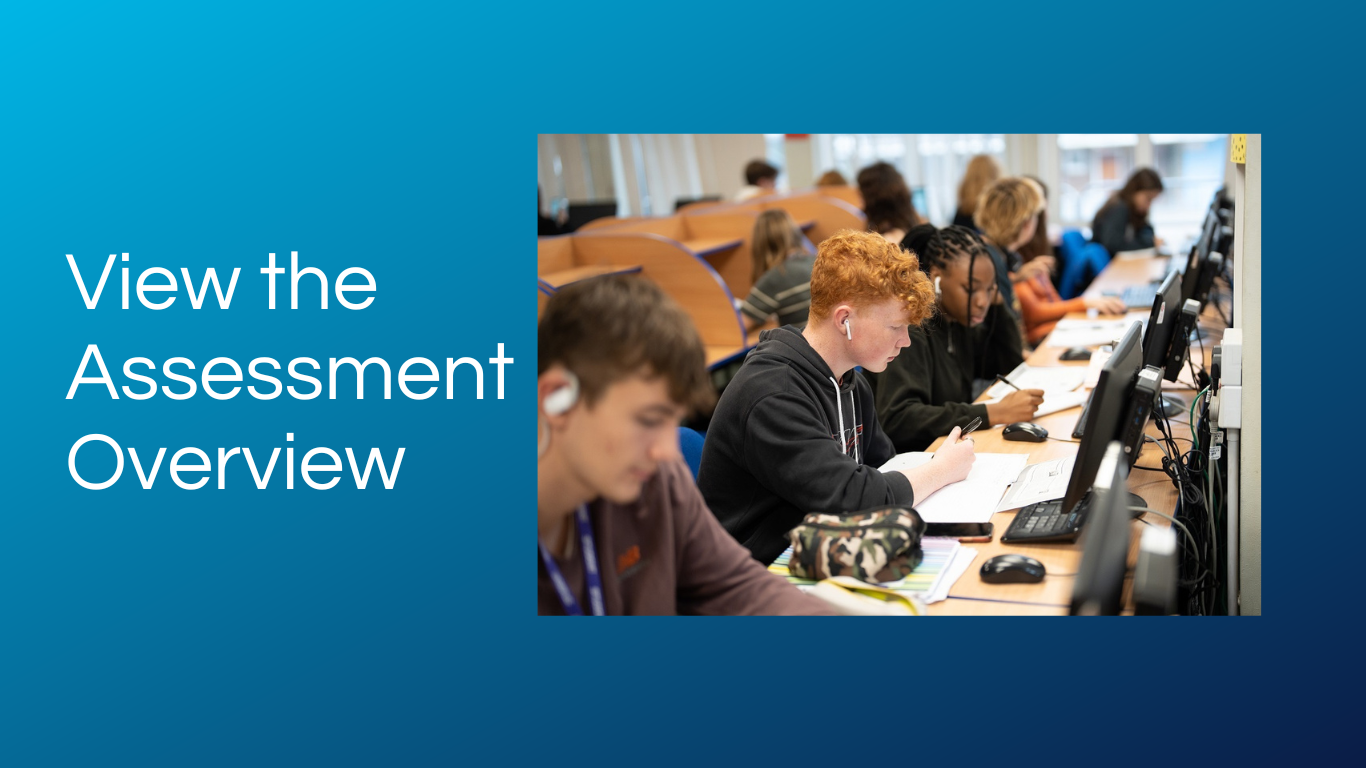Politics Key Stage 5
Vision
In A level Politics, we want all students to engage in nuanced debate about political and socio-economic issues. We foster a culture in which students can interrogate the social issues of the day in the context of a deepening understanding of political processes and historical trends. We want our students to engage critically with political ideologies and political theory in order to synthesise their own sophisticated view. We want students to make links with what we study and how this can benefit the lives of ourselves and others: at the heart of the course are questions around the structure of a just and fair society.
What should the role of the state be? What are its responsibilities to its citizens, and what do citizens owe the state? Whatever your answer to these questions, how democratic are the UK’s constitutional arrangements? Our students will develop skills of independent learning through flipped homework tasks, research activities and wider reading materials. Our students will also advance their skills in academic writing and organisation to enable them to thrive in the far-reaching range of higher education and progression opportunities open to them.
Curriculum Overview
Politics A Level enables students to cover a wide range of competing approaches to understanding political institutions and their responsibilities. We analyse and evaluate political structures and processes and consider their effectiveness and appropriateness in terms of the ways in which they offer choice and protect rights both nationally and globally.
Sequencing, Setting and Support
In Year 12 we start with a brief introduction to the ideological foundations of the main political parties and the structure and functions of Parliament. In Component 1 the students go on to study elections, electoral systems, democracy and voting behaviour. The key question that ultimately underpins this side of the course is how democratic is the UK? In Component 2, students go on to study the UK Constitution, Prime Minister and Executive and relations between the branches. The key question for this side of the course is where power lies in the main political institutions in the UK.
In Year 13 students study the main political and economic institutions globally. They consider their effectiveness and the constraints and limitations of them achieving their stated goals. They also study political ideology in more depth and develop their understanding of the history of ideas and the competing views both between and within ideologies.
Students are taught in mixed ability classes. All lessons provide scaffolding, support and challenge to cater for a wide range of abilities.
We work closely with SEND and EAL support staff to adapt teaching to meet the needs of individual students and remove barriers to learning. Students can use personal laptops and modified resources as appropriate.
Alive Themes in Politics
The Alive Values form a threat that runs through the entirety of the Politics course. The theme of ‘We value justice and respect’, for example, is explored through multiple debates surrounding the protection of UK rights, the responsibility of the state in terms of welfare provision and the international protection of human rights.
Assessment in Politics
Students have regular opportunities for informal assessments through a variety of essays and exam questions. In Year 12 and Year 13 students have a topic test and a formal assessed essay for every topic. Topic tests are marked and students review their answers as a class. Essays are marked with feedback and also graded. Students have an opportunity to re-write these if necessary.
Formal internal assessments are conducted twice each year. Final summative external exams are at the end of year 13. There is no coursework.
Homework and how Parents/Carers Support Learning
All homework is set on Bromcom which is an app and website available to students and parents/carers. Further information is available on our Bromcom parents and carers support page.
These are the principles which underpin our homework.

Homework tasks are set by the teacher using Bromcom. Students will be made aware of homework during the lesson, which will involve a range of activities, such as independent research, essay planning, listening to podcasts and flipped-learning approaches which underpin the whole school approach to homework. Students are also expected to complete a ‘proof of study’ document for each topic in their tenth lesson which will provide a structure for detailed note-taking and allow students to secure and consolidate their knowledge.
Parents can support the completion of homework by being aware of deadline days and using Bromcom to see what has been set. Many parents find the Politics homework interesting and are able to enrich student understanding by sharing their own experiences of politics in the UK and globally.
Useful Politics Resources
All lessons and resources are available on SharePoint for Students along with links to further reading and exam support documents. Students are required to follow current affairs through reputable media and be able to share and discuss their understanding.




